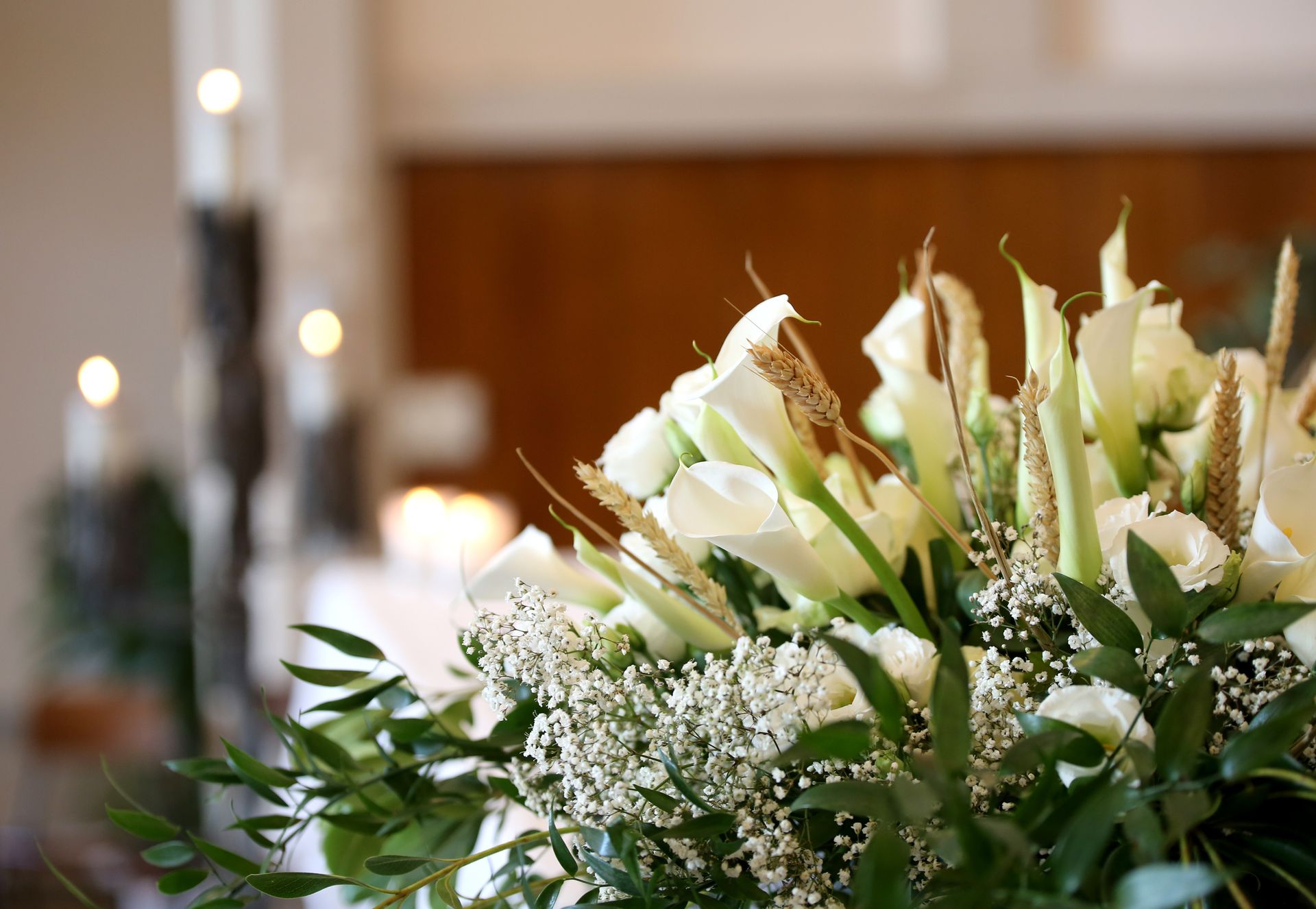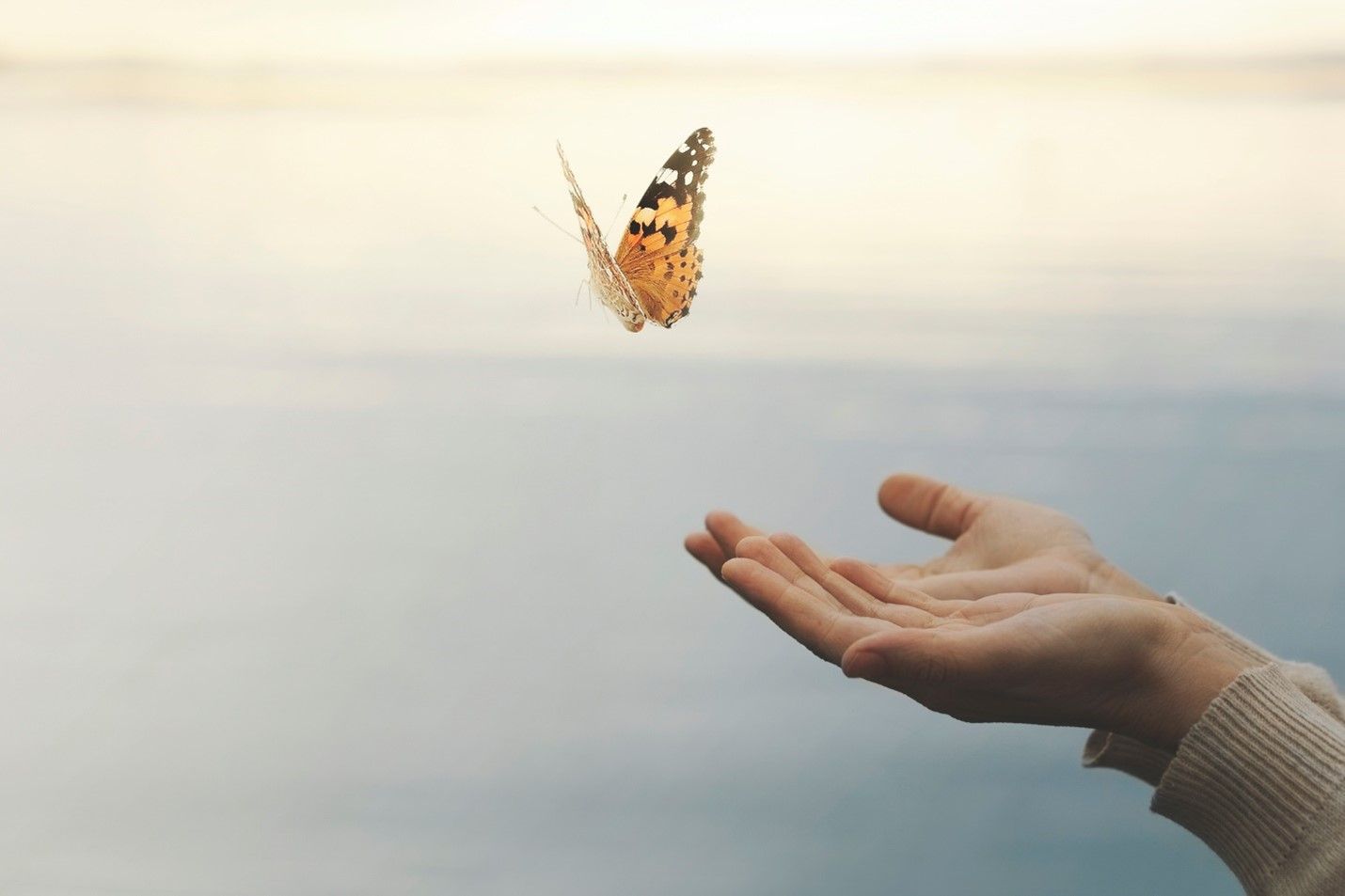Grief and guilt

Grief is an inevitable and deeply personal journey that we all experience at some point in our lives. It's a natural response to loss, whether it's the passing of a loved one, the end of a cherished relationship, or any significant life change. During this trying time, we find ourselves in a whirlwind of emotions, ranging from sadness and anger to loneliness and confusion. Amidst this, there is one emotion that often creeps in unexpectedly: guilt.
Guilt is a complicated emotion that can arise during times of grieving for a variety of reasons. Survivors may feel guilty for not doing more for their loved one, for unresolved conflicts, or for having mixed emotions surrounding the loss. It's important to remember that these feelings are normal and don't diminish the love and care we have for the departed.
One common aspect of grief-related guilt is the subconscious "what ifs" and regrets that plague our minds. We may endlessly analyze past interactions or decisions, wondering if we could have done things differently to prevent the loss. It's essential to recognize that we are human, and it's not realistic to hold ourselves accountable for every outcome.
Feeling guilty while grieving can also be tied to the idea of moving on with life. There might be a sense of betrayal or disloyalty towards the departed for finding moments of joy or happiness after loss. Understanding that it's okay to find happiness again and that it doesn't mean we don’t miss the ones we’ve lost, is a critical component of the healing process.
If you are experiencing grief-related guilt for any of the reasons listed above, it’s important to confide in someone who will help you navigate through your thoughts. No one should process their grief alone, especially when feelings of guilt are attached. Talking to someone will ease the burden you may be carrying and help you understand the meaning behind your thoughts.
Guilt is a significant and challenging aspect of grief, but it's important to remember that it's a natural response to loss. Be patient with yourself and acknowledge that healing takes time. Seek support from loved ones and don't hesitate to consult a grief counselor if needed. Remember, it's okay to grieve and still find moments of happiness amidst sorrow.

July 24, 2025
Attending a funeral or memorial service can stir up many emotions, and for some, one of the first questions that comes to mind is: What should I wear? While traditions around funeral attire have evolved, dressing appropriately remains a way to show respect—for the person who has passed and for their loved ones. Whether the service is formal, casual, religious, or a celebration of life, here are a few thoughtful guidelines to help you choose what to wear. 1. Stick to Neutral, Conservative Colors Black is the traditional color of mourning in many cultures, but it's not your only option. Other respectful colors include navy, gray, deep green, brown, and muted tones. Avoid bright colors, loud patterns, or anything that draws unnecessary attention unless the family has requested otherwise. Tip: Some services may invite guests to wear the deceased’s favorite color or dress casually—check the obituary or invitation for guidance. 2. Dress Modestly and Neatly Funeral services are somber occasions, so choose clothing that is clean, pressed, and conservative: For women, options include a modest dress, blouse with slacks, or a skirt paired with a cardigan or blazer. For men, a dress shirt with slacks, a suit, or a sport coat with a tie is appropriate. 3. Footwear Matters, Too Choose closed-toe shoes that are comfortable, especially if you'll be standing or walking at a graveside service. Simple dress shoes, loafers, or flats work well. Avoid athletic sneakers or flip-flops unless the service is explicitly casual or outdoors. 4. Consider the Location and Weather The setting of the service can influence your outfit: For outdoor or graveside services, wear weather-appropriate clothing and shoes that can handle grass or gravel. Bring an umbrella or coat if needed. Dark outerwear is always a safe choice. In a place of worship, modest attire is often expected regardless of the season. 5. Keep Accessories Simple This is not the time for flashy jewelry or bold accessories. Choose understated items that won’t distract from the purpose of the gathering. 6. What About Children? Children should also be dressed neatly and conservatively. Simple outfits in neutral colors are best. If unsure, dress them as if attending a formal family event or church service. 7. When in Doubt, Dress Up a Bit It’s always better to be slightly overdressed than too casual at a funeral. If you’re unsure about the dress code, err on the side of formality. A respectful appearance helps convey sympathy and support. What you wear to a funeral doesn’t need to be fancy or expensive—but it should reflect care, humility, and consideration. Remember: your presence is what matters most

July 14, 2025
Planning a funeral or cremation—whether for a loved one or preplanning for yourself—can feel overwhelming. There are many decisions to make, all while navigating the emotions that come with loss. But with a little preparation and guidance, the process can be meaningful, healing, and manageable. Whether you're planning ahead or handling arrangements after a loss, this guide walks you through the key steps of planning a funeral or cremation service. 1. Decide Between Burial and Cremation One of the first decisions to make is whether the individual will be buried or cremated. This choice often depends on personal, cultural, or religious preferences. Burial typically involves a casket, a graveside service, and a cemetery plot. Cremation may still include a funeral or memorial service and allows for more flexible options such as scattering, keeping an urn, or burying cremated remains. Some families choose direct cremation (without a service) or direct burial and hold a memorial at a later time. 2. Decide on the Type of Service There are many ways to honor a life, including: Traditional funeral service (usually with the body present) Memorial service (typically after cremation or burial) Celebration of life (a more personalized, informal event) Services can take place at the funeral home, a place of worship or outdoors. Choose what best reflects the person’s life and what brings comfort to those attending. 3. Select the Details You’ll want to personalize the service with details such as: Obituary and newspaper or online notices Casket or urn selection Music, readings, or spiritual elements Photos, videos, or displays of personal items Flowers or charitable donation options Who will speak, perform, or participate Many families also choose to include military honors, religious traditions, or cultural customs. 4. Consider Final Resting Place Options For burials: Choose a cemetery and purchase a plot if one isn’t already owned Decide on a headstone or grave marker For cremation: Decide whether ashes will be kept, scattered, buried, or placed in a niche Some families divide ashes among keepsake urns or jewelry 5. Handle Legal and Practical Matters Don’t forget the necessary paperwork: Obtain a death certificate (you may need multiple copies) Notify Social Security and financial institutions Handle wills, trusts, and estate matters If applicable, coordinate with veterans’ services or insurance providers Funeral directors can help guide you through most of this, but having documents organized in advance can ease the burden. 6. Consider Preplanning Preplanning your own arrangements relieves your loved ones of decision-making during an emotional time. You can: Specify burial or cremation preferences Choose the type of service and location Prepay or set aside funds Record personal touches you’d like included Preplanning ensures your wishes are followed—and it brings peace of mind to everyone involved. While planning a funeral or cremation is never easy, it is an opportunity to reflect, remember, and celebrate a life. Whether you’re planning for the future or coping with a loss today, take each step at your own pace, and don’t hesitate to reach out to professionals or trusted loved ones for support.




